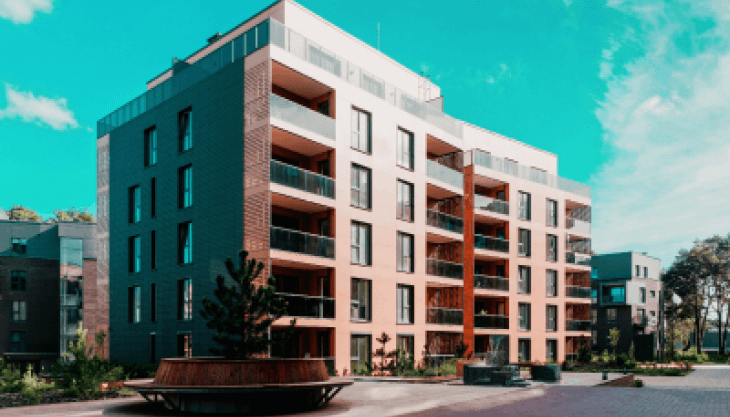Protecting Multi-Dwelling Unit Web Data Flow Via Robust Cryptographic Protocols to Protect User Confidentiality as well as Data Accuracy
Protecting Multi-Dwelling Unit Web Data Flow Via Robust Cryptographic Protocols to Protect User Confidentiality as well as Data Accuracy
Blog Article
In the current online world, securing internet data is increasingly important than ever before, particularly in Multi-Dwelling Buildings (MDUs) like flat buildings and condo environments. These environments often have numerous residents utilizing the same web connection, which can result to potential safety risks. To guarantee that users' confidentiality and data integrity are protected, it is essential to adopt robust coding protocols. Data encryption is a method that encodes information, making it inaccessible to anyone who do not have the appropriate key to decrypt it. This procedure helps maintain personal information secure from hackers and unapproved access.
One of the widely commonly used coding protocols is Secure Socket Layer (SSL) and its successor, Transport Layer (TLS). These standards establish a secure connection between a user’s system and the internet, guaranteeing that all data exchanged stays confidential. When tenants in an MDU access sites that utilize SSL/TLS, their personal information, such as login credentials and payment card details, is secured. This means that even when someone attempts to capture the data, they would merely see a mess of letters and numbers, making it almost unfeasible to comprehend. By promoting the adoption of these protocols, MDUs can significantly enhance the safety of their residents' internet actions.
A further crucial encryption method is VPN Private Network (VPN) solutions. A VPN creates a secure pathway for web data, which protects users from invasive observers, especially when using shared wireless connections. In an MDU, in which many residents may connect to the same network, employing a VPN can assist guarantee that personal internet activities remain private. This is especially important for tasks including online banking or accessing confidential data. By encouraging the adoption of VPNs among residents, MDUs can foster a safer online environment and help safeguard against data breaches.
Alongside such coding methods, it is vital for MDUs to educate their tenants about the significance of cybersecurity. Many individuals may not be conscious of the threats associated with using common web connections. Providing resources on how to identify phishing attempts, the necessity of robust passwords, and the benefits of employing secure websites can empower tenants to assume control of their internet security. Workshops or informational meetings can be beneficial ways to raise awareness and encourage best habits for online security.
Finally, MDUs should think about collaborating with internet provider companies (ISPs) that prioritize security and provide advanced encryption features. By collaborating with ISPs that utilize strong coding standards, MDUs can guarantee that their residents have access to why not check here protected internet services. This partnership can lead to improved general security for the entire complex, as well as increased trust among tenants. By taking these steps, MDUs can establish a safer online space, protecting resident confidentiality and data security in an increasingly connected environment.